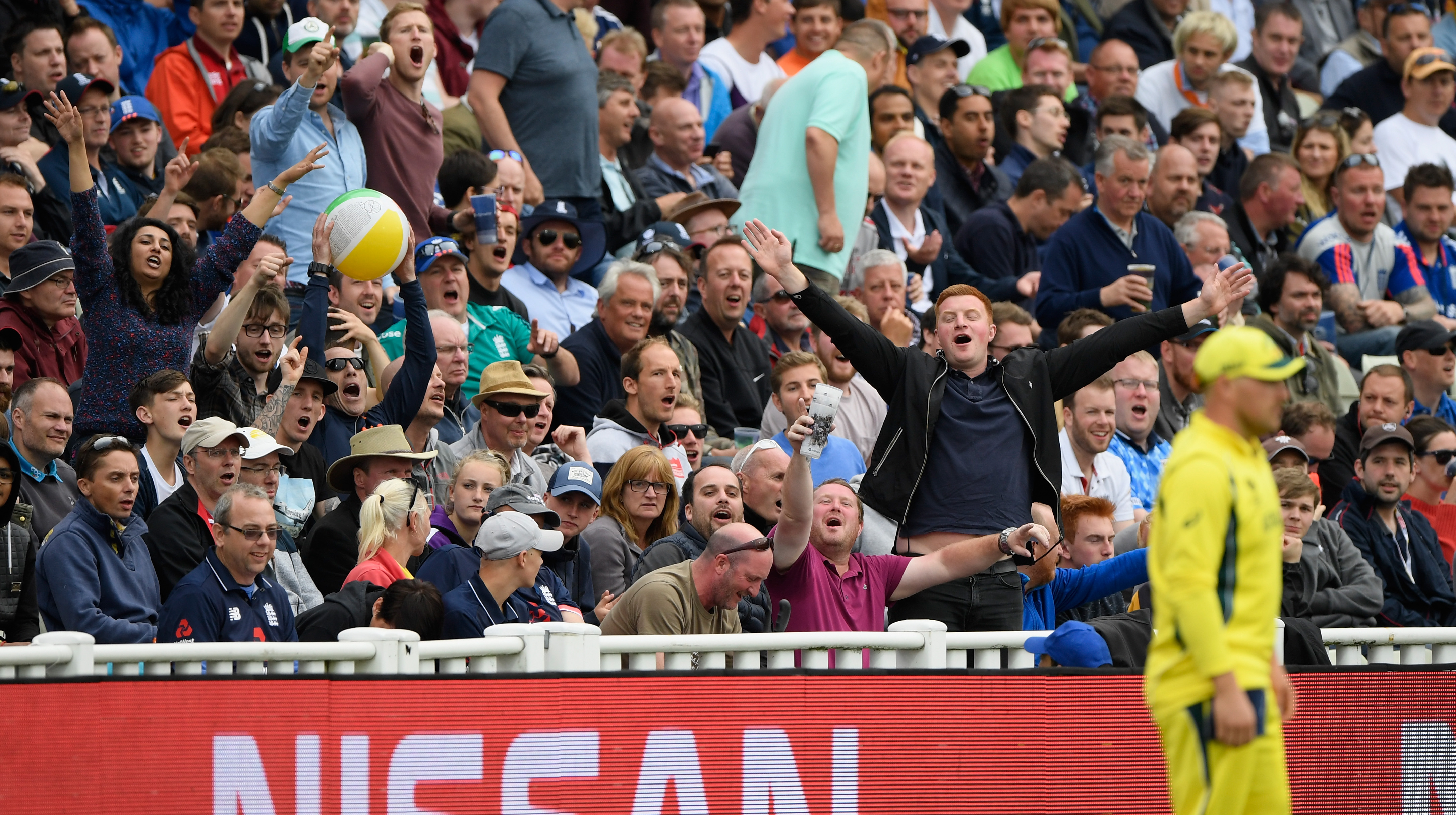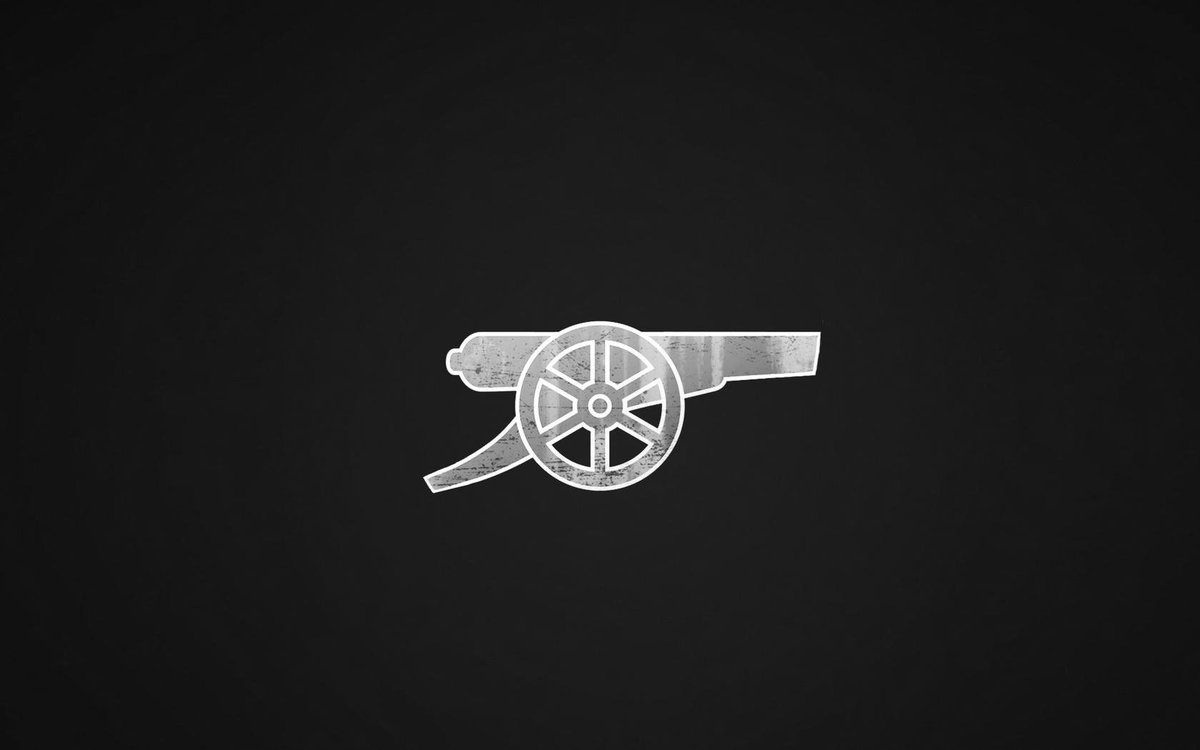It’s time to stop treating players like ‘guinea pigs’

'I know how I feel. If any of my family get infected through me because I've had to play when it's not safe, and they get seriously ill, I'd have to think hard about ever playing again. I would never forgive the authorities.'
Wayne Rooney echoed the sentiments of thousands of other sportsmen across the world. In his own words, footballers in England were ‘treated like guinea pigs’ and, let’s face it, they were. It wasn’t until three days ago, on Friday, when Arsenal manager Mikel Arteta tested positive for coronavirus, that the English FA decided to suspend football in the UK. At the time of the decision, there were close to 1000 cases in the UK. The World Health Organization (WHO) declared Europe as the epicentre of the pandemic, countries were in a complete lockdown and the pandemic had brought the entire world to a standstill.
And yet, footballers - or rather sportspersons, in general - were expected to turn up to stadiums, asked to ignore the fact that the world is in the midst of potentially its biggest crisis since World War II, and just ‘get on with it’ as if nothing is happening. On Thursday, Wolverhampton Wanderers travelled away to Greece to play the first leg of their Europa League Round of 16 fixture and yesterday, to my shock, the All England Open Badminton Championships was running when I switched on the television. The Pakistan Super League (PSL), as I write this, is also preparing itself to host the knockout stages. How could this be? At what point do we start treating players as normal human beings?
At what point do we stop viewing them as robots who merely exist in this world to invoke our emotions, feed us with pleasure and pump up the dopamine level in our brains? All our lives, we’ve been taught that sportsmen are ‘entertainers’ who exist to ‘entertain’ the audience. We’ve been fed with this ideology that athletes are nothing without fans and it’s us, the fans, who drive them and keep them going. It’s a fair argument, for fans do constitute an integral part of the phenomenon called sport, but where do we draw the line? How can it be fair to ask a set of people to remain cold and heartless, putting the emotions away, turn a blind eye to their own countrymen dying, forget about their friends and family and turn up to play in front of an empty stadium whilst putting their own health at risk?
The sporting authorities’ decision last week, to continue with the sport played ‘behind closed doors’, was a right one, for it eliminated the risk of ‘mass gatherings’, but even that, at the end of the day, did not help the players’ cause in any way. Nor did it magically reduce the health hazards involved. All players and staff involved still had to travel via flights or buses and stay in hotels, meaning they were exposed to an unimaginable number of people, had to train day in and day out and had to go about their business the usual way. All this whilst knowing that the rest of the world was in flames.
At this point in time, mere talk of potentially resuming or holding sporting events at the earliest is insensitive, and disrespectful to the players. Italian Footballers' Association (AIC) president Damiano Tommasi feels that the Serie A could resume in May if ‘all goes well’. Italy is, by far, one of the most badly hit countries in the world by the outbreak and in the last 24 hours alone, there have been a staggering 368 deaths reported. Could you imagine being a player in Italy, completely isolated and quarantined in your house, having a family member or a friend affected, and seeing words like ‘Serie A could resume in May’ - which is roughly a month and a half’s time - being thrown around?
Of course, from an administrative point of view, there will be losses. Some might even be irrecoverable. No one can and should deny that. But what needs to be embraced is that this is a one-of-a-kind, never-seen-before unprecedented situation that the world is up against; the card that has been dealt with is an unknown entity. And none more than human lives matter as of this moment.
Yes, for all we know, the pandemic could be wiped off in a month’s time and things could go back to normal, but treating players like inanimate objects and putting their lives potentially at risk is not an amicable solution for it. Every single day, there are discussions, meetings and utmost efforts being made to ensure that the IPL is somehow held. Board members and franchise owners are part of the meeting, but what about the players? If you’re going to ask someone to take a (suicidal) leap of faith, might as well take their consent, eh?
Isn’t it also naive and ignorant on the administrators’ part to plan the tournament, living in their false bubble of reality, knowing very well that India is yet to see the worst of Covid-19, with the cases predicted to peak in April? Does this not vindicate the fact that they are willing to use players as sacrificial lambs to make right a situation, a calamity, that is not in anyone’s hands?
And we, the fans, too, are okay with it, aren’t we? Because all we need is to switch on the telly and get a glimpse of our favourite teams so that we can distract ourselves from the reality that is life and temporarily get rid of thoughts about the dreading existential crisis. We don’t give a toss about the people who actually make it happen. Why? Because of the radical ideology in society - a poisonous one - that someone is entitled to do something just because they get paid a lot for it. It is the reason why the world of sport has astronomically failed to deal properly with mental illness.
You see a player talk about not being able to spend enough time with his kids, next thing you know there’s an idiot on Facebook commenting, “You know, pal. I wouldn’t be complaining if I got paid 250K a week”. The very same ideology is also the reason why even in the midst of this global crisis, we expect players to turn up in front of empty stadiums and entertain us. All this whilst we demand our employers to give us extra offs, allow us to work from home and whatnot.
Sportspersons are not superhuman nor are they robots - they are normal people who, in these times of despair, have family and friends to be taken care of and that needs to be embraced. It’s time to stop treating them like guinea pigs and be it for a month or a year, for now, sports need to take a step back.

Comments
Sign up or log in to your account to leave comments and reactions
0 Comments